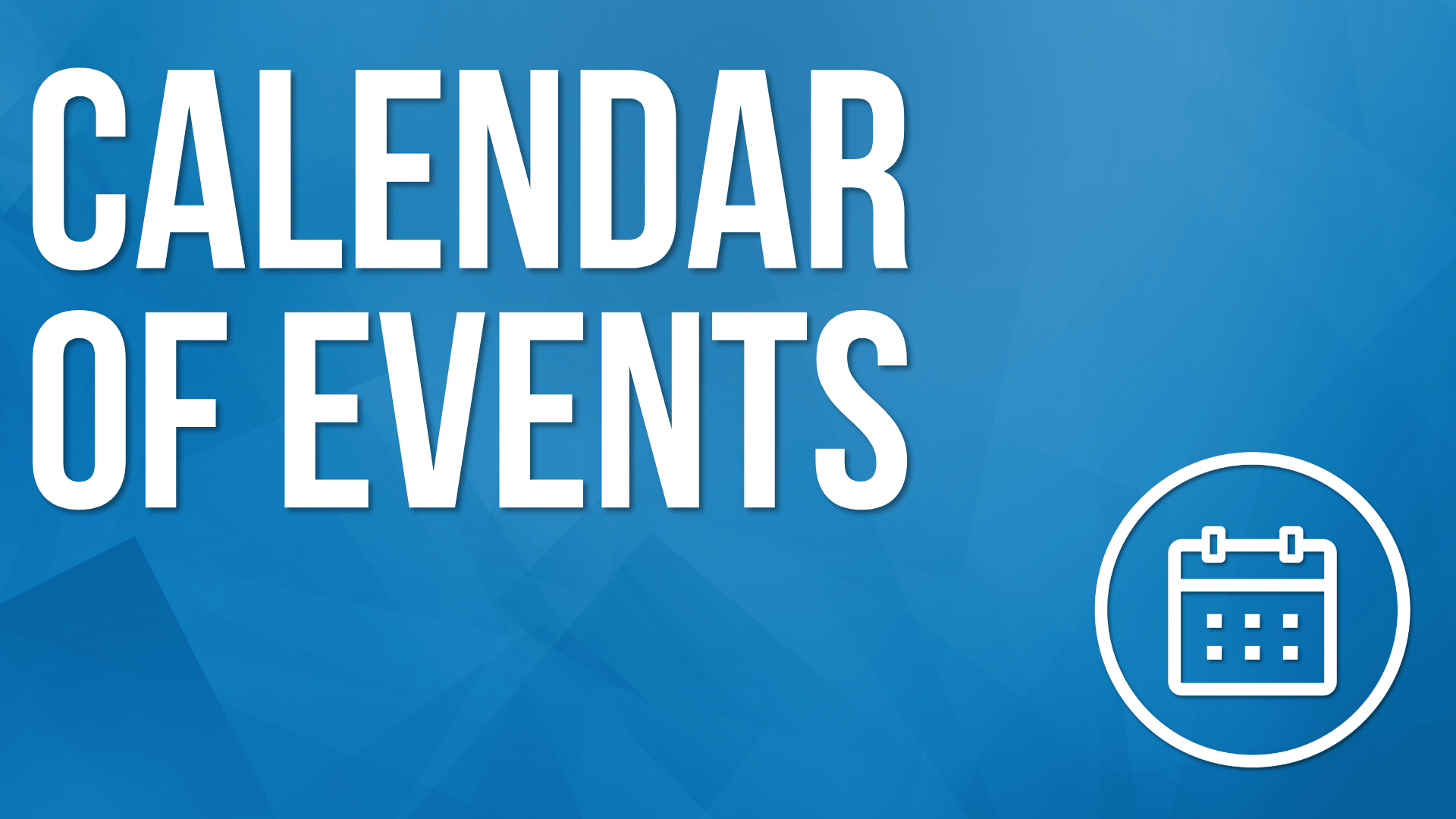Raising Voices, Changing Systems: Expanding Educational Opportunity with the Georgia Coalition for Equity in Education
- Podcast URL: https://open.spotify.com/episode/25OYG3WT12JaebLIN8KdbZ?si=42add65a7d074fa2
When it comes to inclusive education in Georgia, the Georgia Coalition for Equity and Education (GCEE) is changing how families advocate for children with disabilities in schools. This organization is making sure their voices are heard.
 Leslie Lipson, Lipson AdvocacyLed by longtime disability rights attorney Leslie Lipson, founder of Lipson Advocacy, GCEE was launched in 2015. The launch came in the wake of a major civil rights investigation into Georgia’s segregated school program known as GNETS, or Georgia Network for Educational and Therapeutic Supports. The U.S. Department of Justice found that the program violated the Americans with Disabilities Act (ADA), a historic first for the country.
Leslie Lipson, Lipson AdvocacyLed by longtime disability rights attorney Leslie Lipson, founder of Lipson Advocacy, GCEE was launched in 2015. The launch came in the wake of a major civil rights investigation into Georgia’s segregated school program known as GNETS, or Georgia Network for Educational and Therapeutic Supports. The U.S. Department of Justice found that the program violated the Americans with Disabilities Act (ADA), a historic first for the country.
“The launch of GCEE came from that fight,” said Lipson. “But it wasn’t just about the lawsuit. We asked: so what? What’s the real-world impact on families, schools, and communities? That’s what GCEE was created to answer.”
Now in its sixth year with support from the Georgia Council on Developmental Disabilities (GCDD), GCEE combines legal expertise, public policy awareness, and community-based advocacy. The organization gives families the tools they need. Whether it's hosting webinars, sharing guidance, or giving template letters and comment forms, the initiative has provided support or educational opportunities to approximately 550 families. GCEE has also trained another 1,300 individuals, including educators, attorneys, advocates, and stakeholders.
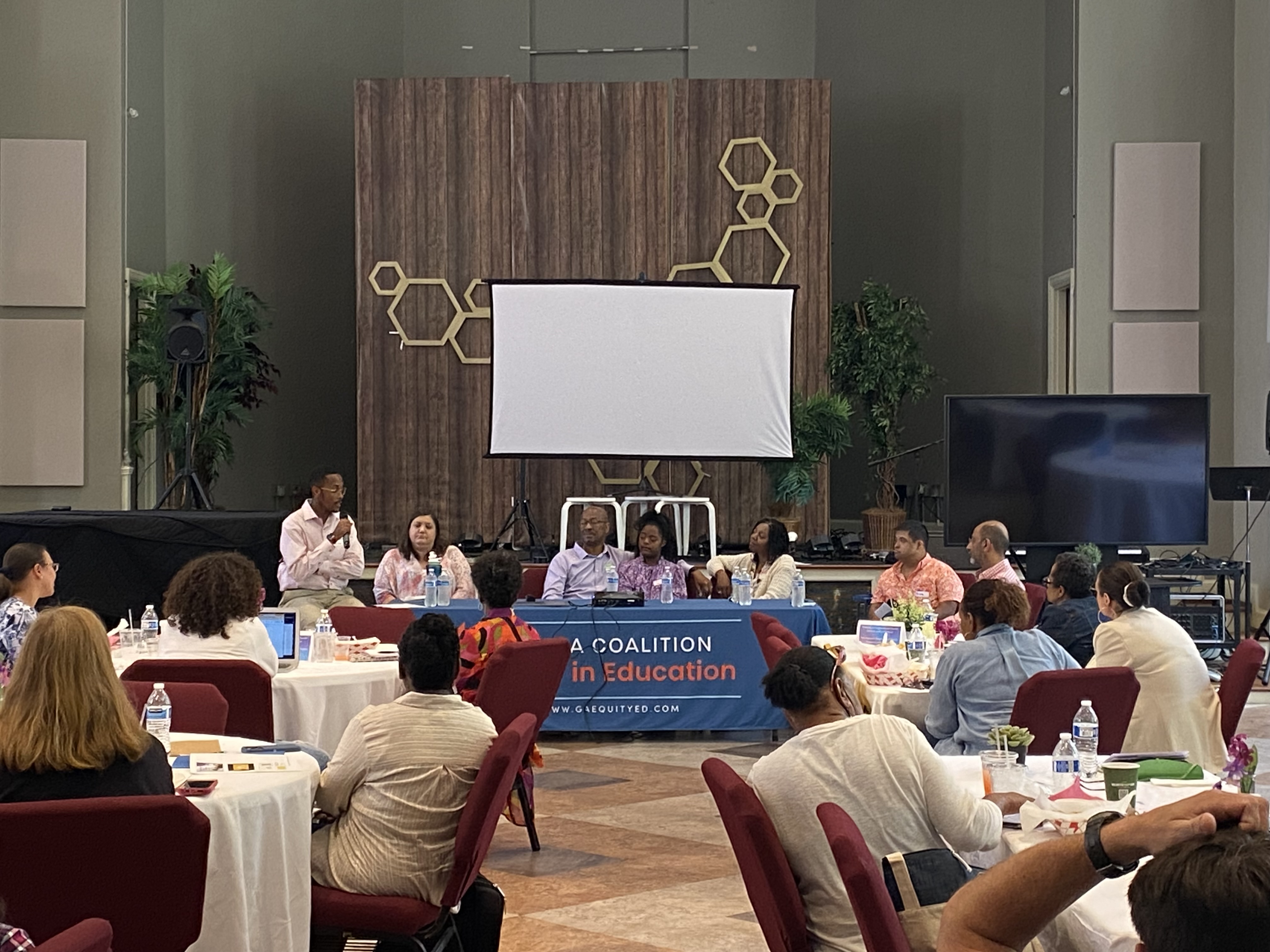 GCEE also hosts or has co-sponsored at least 15 webinars or events focused solely on inclusion and equity in education. It has also presented to various community groups, legal organizations, and family-led initiatives across Georgia.
GCEE also hosts or has co-sponsored at least 15 webinars or events focused solely on inclusion and equity in education. It has also presented to various community groups, legal organizations, and family-led initiatives across Georgia.
Families also receive training on how to identify unfairness in their child’s education journey. They learn how to take action when problems arise. For parents just beginning the journey, Lipson offers three key pieces of advice:
First, look at a typical school day: If your child is in fourth grade, ask what any other student’s day looks like in the same grade. “How many hours of reading? How much recess? Clubs, electives, social opportunities? Then compare that to what your child is getting. That’s your yardstick,” advises Lipson.
Second, follow your child’s strengths and interests: “We often focus so much on fixing what’s ‘wrong’ that we ignore what’s right,” said Lipson. “If your child is great at reading or obsessed with LEGO, nurture that. Find ways to connect your child with others so they can increase friendships and belong.”
Finally, communicate urgently and clearly: “When something’s not working, document the impact in writing. Don’t just say, ‘The bus pick-up is too early,” said Lipson. “Say, ‘My child is missing 130 hours of instruction this year due to early pickup, and it’s affecting instructional time and experiences with friends.’ That’s how you shift the narrative.”
Lipson has seen firsthand how this approach makes a difference. Examples include parents who use GCEE’s tools to resolve conflicts at school and public comment campaigns that influence state policy.
“This work is about building bridges—between families and systems, between frustration and solutions,” she adds.
Through GCDD’s continued support, GCEE is making equity in education not just a goal. The organization is turning it into a practice.
The coalition is made up of approximately 30 different organizations across Georgia. These organizations include Atlanta Legal Aid Society, DeKalb County Child Advocacy Center, Georgia Advocacy Office, Georgia Voices for Children, Georgia STOP, I DECIDE Georgia, Parent to Parent of Georgia, Sangha Unity Network, Attachment and Trauma Network, Truancy Intervention Project, The Carter Center, Voices for Georgia’s Children, Georgia Legal Services, and The Arc of Georgia – to name a few.
Securing the Future: Vision, Decisions & Advocacy
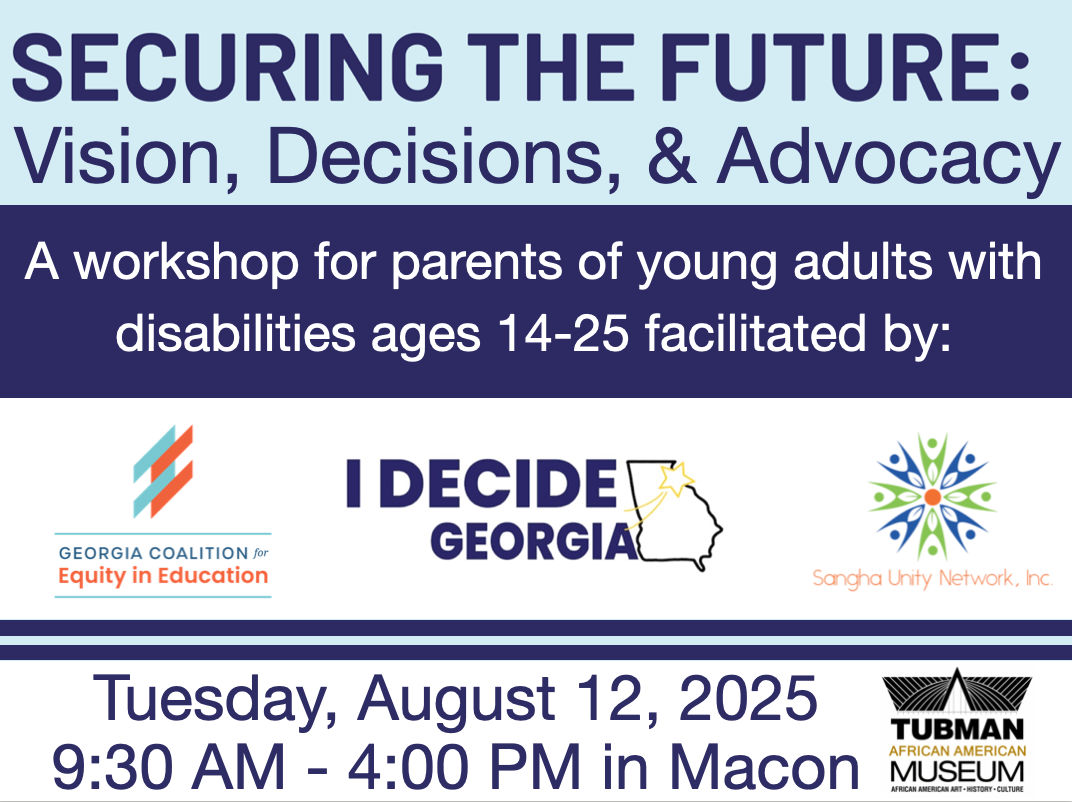 GCEE’s next event, Securing the Future: Vision, Decisions, and Advocacy, will be held on August 12, 2025, in Macon, GA. This workshop is designed for parents of young adults with disabilities aged 14-25 who are wondering what comes next in their child’s life. This workshop is for you if your child is entering high school, preparing to graduate, planning for work, or thinking about more education. The event will be held from 9:00 a.m. - 4:30 p.m. For more information and to register, visit https://bit.ly/STFMacon2025
GCEE’s next event, Securing the Future: Vision, Decisions, and Advocacy, will be held on August 12, 2025, in Macon, GA. This workshop is designed for parents of young adults with disabilities aged 14-25 who are wondering what comes next in their child’s life. This workshop is for you if your child is entering high school, preparing to graduate, planning for work, or thinking about more education. The event will be held from 9:00 a.m. - 4:30 p.m. For more information and to register, visit https://bit.ly/STFMacon2025
To learn more about GCEE, go to https://www.gaequityed.com/.
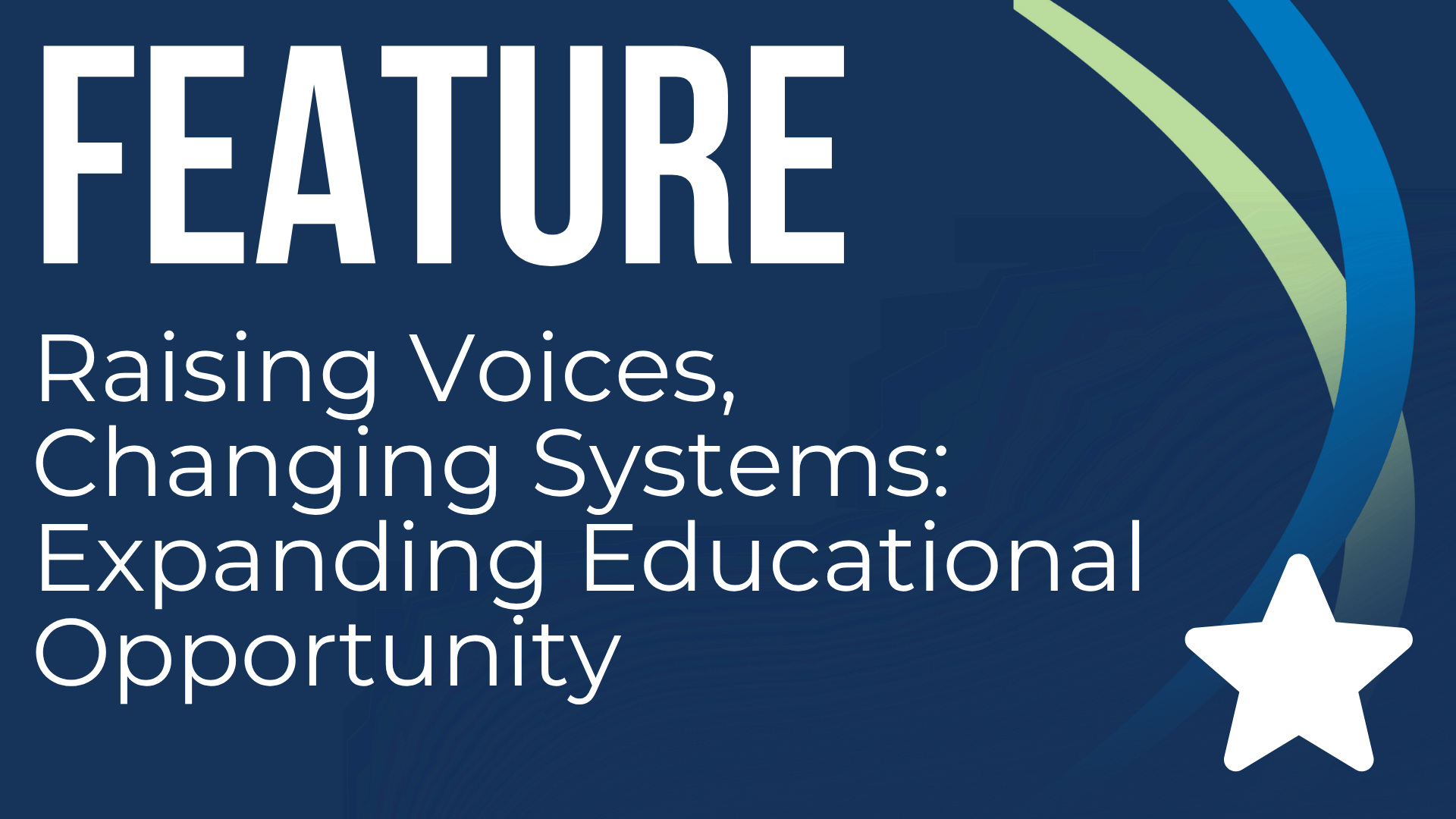
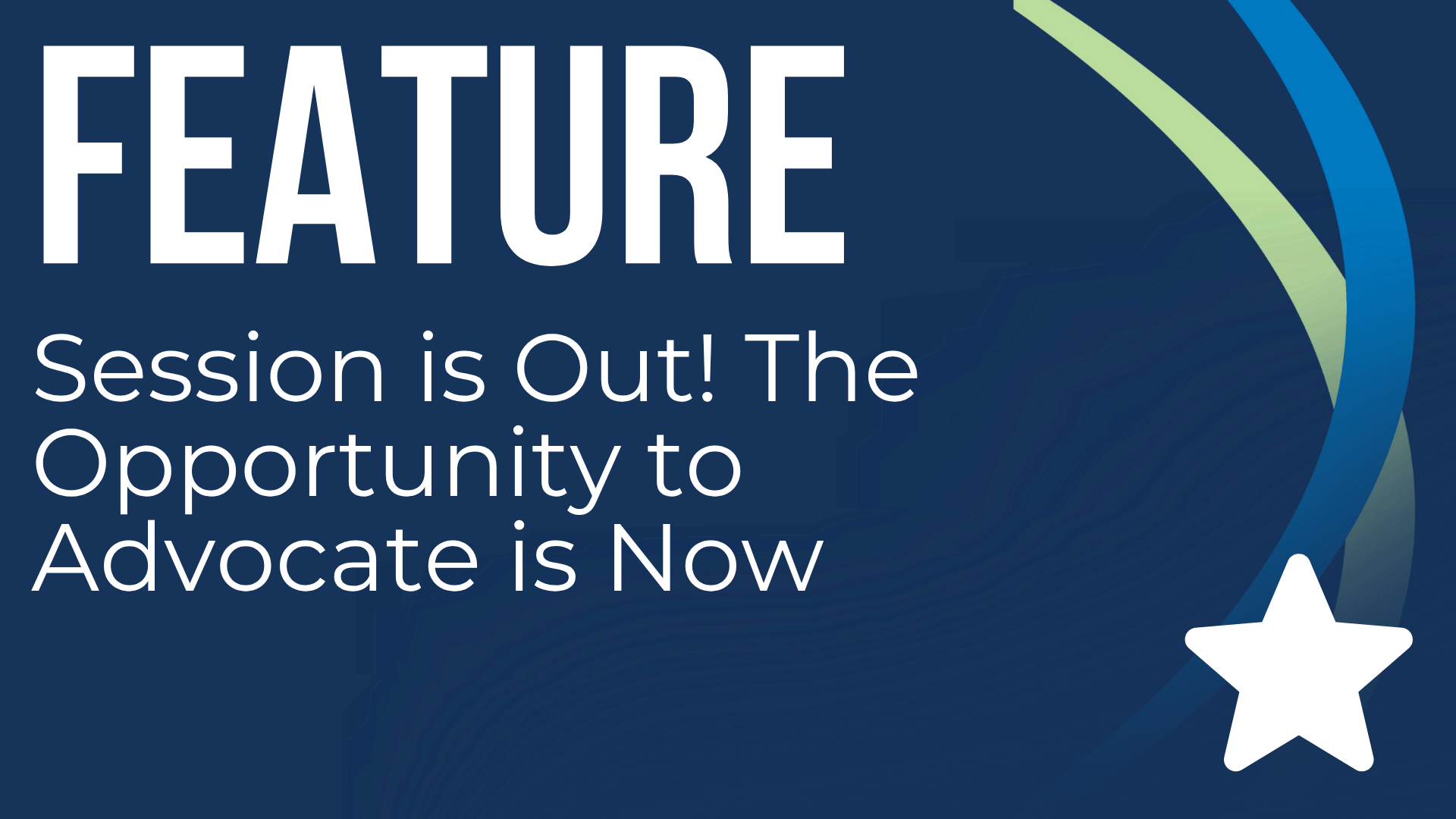
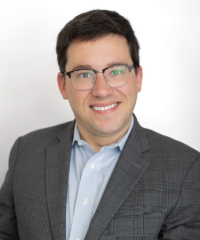
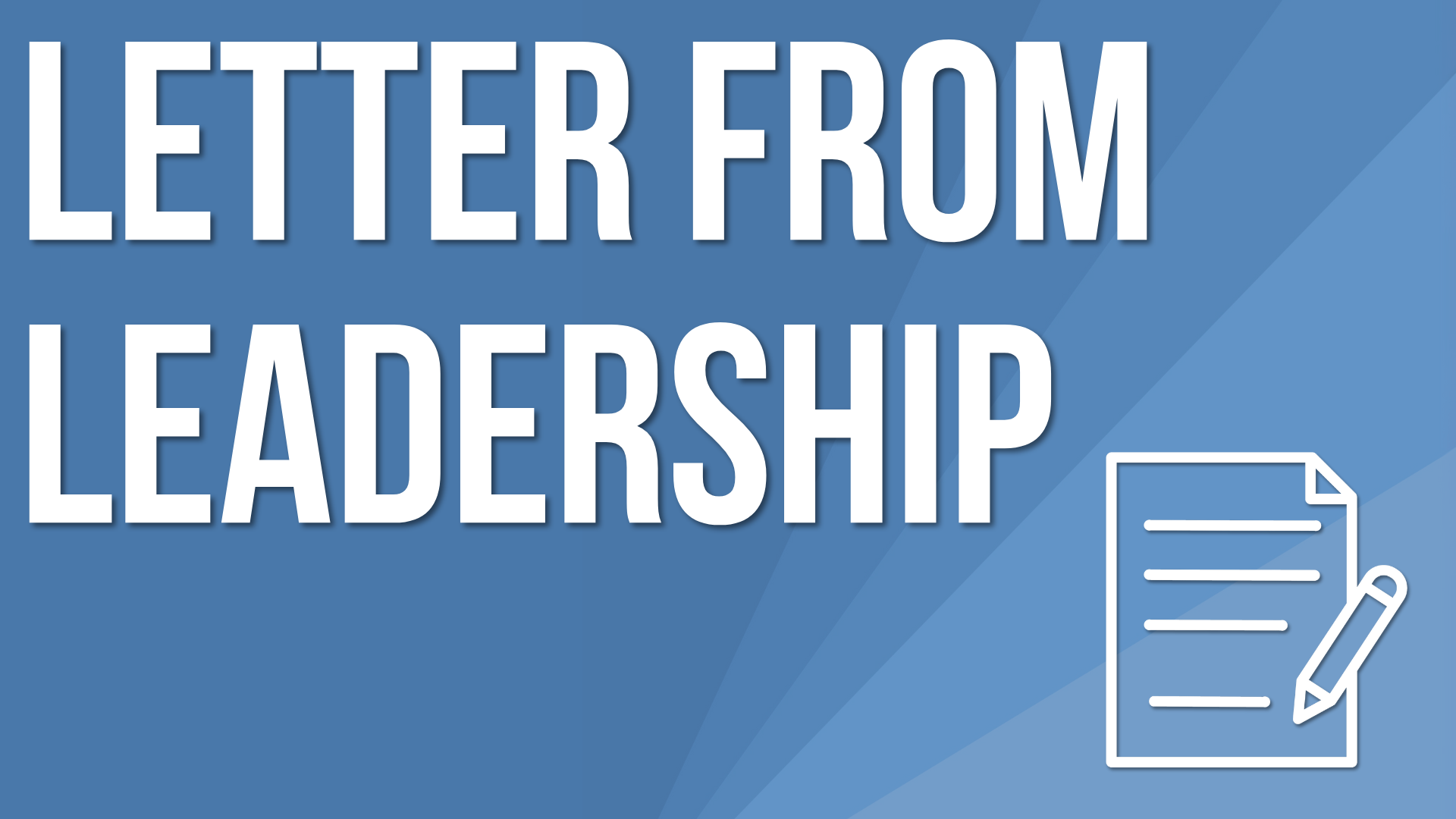
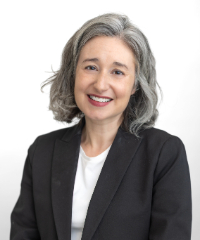
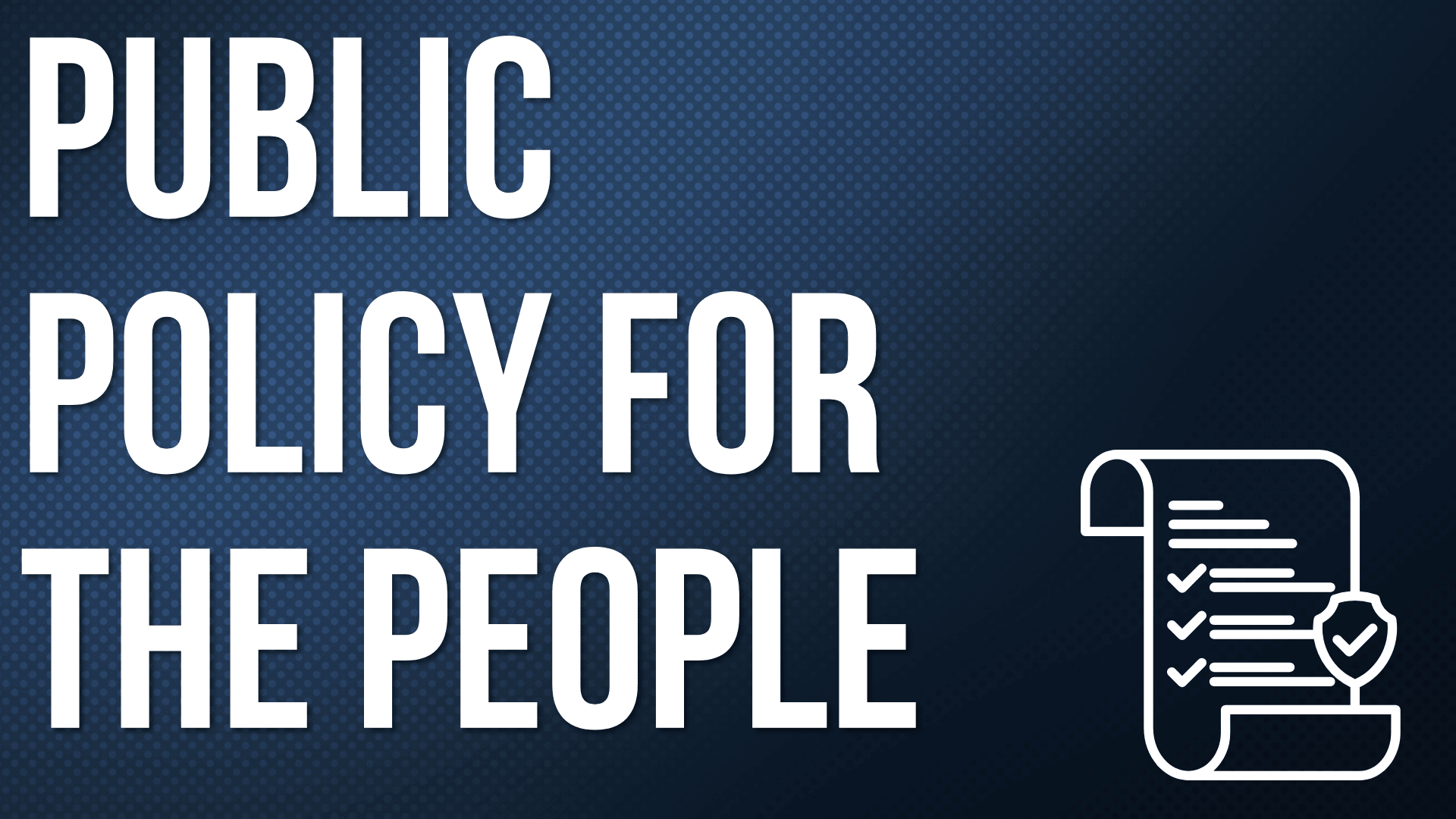
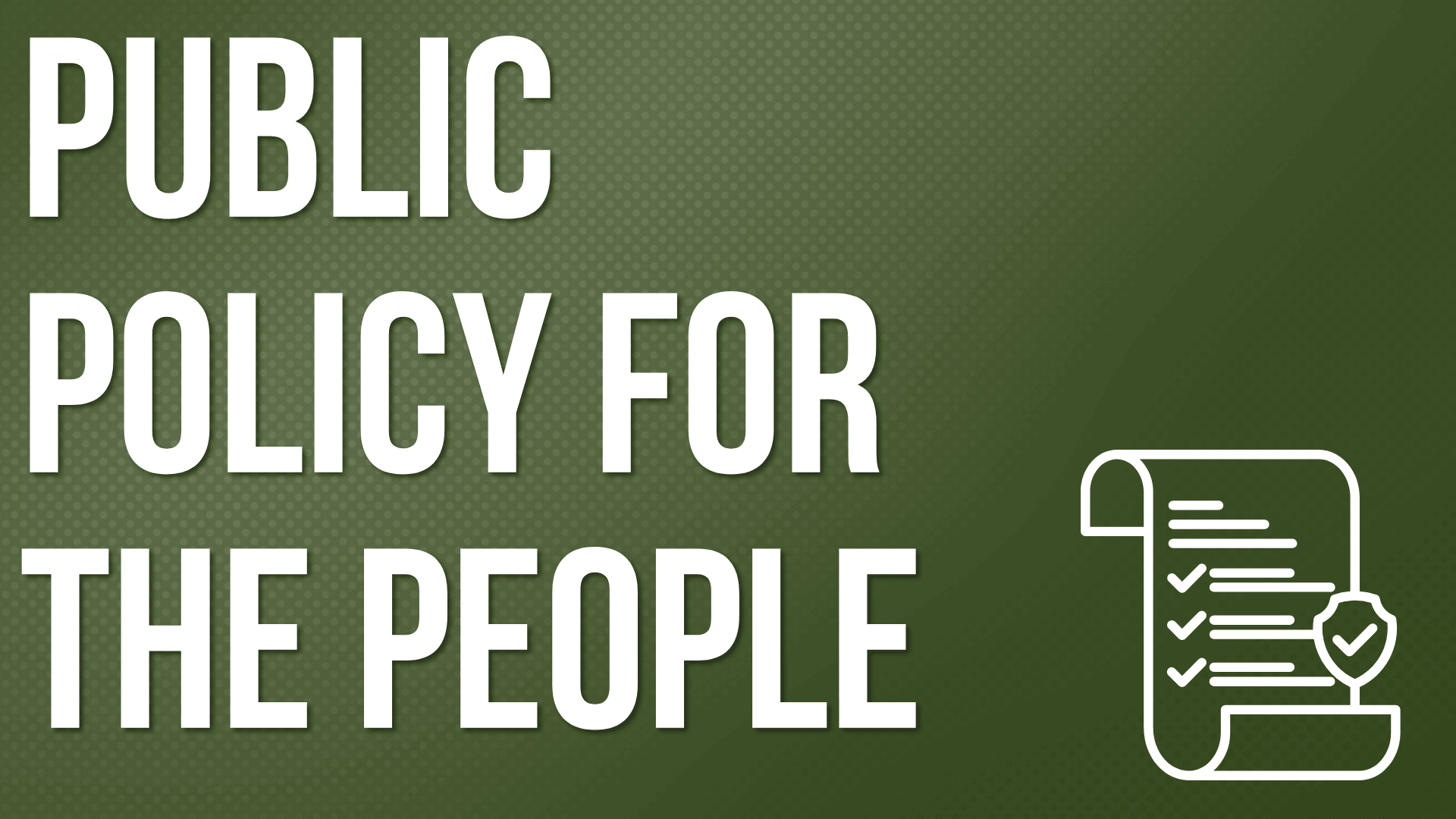 The Georgia Council on Developmental Disabilities (GCDD) thanks Georgia families and self-advocates for their hard work. You used your voices to speak for other Georgians during a big federal budget debate. House Resolution 1 (HR1) passed. It is also called the Big Beautiful Bill. This article gives you a brief overview of the bill. Its focus is on Medicaid and how it affects Georgia's communities.
The Georgia Council on Developmental Disabilities (GCDD) thanks Georgia families and self-advocates for their hard work. You used your voices to speak for other Georgians during a big federal budget debate. House Resolution 1 (HR1) passed. It is also called the Big Beautiful Bill. This article gives you a brief overview of the bill. Its focus is on Medicaid and how it affects Georgia's communities.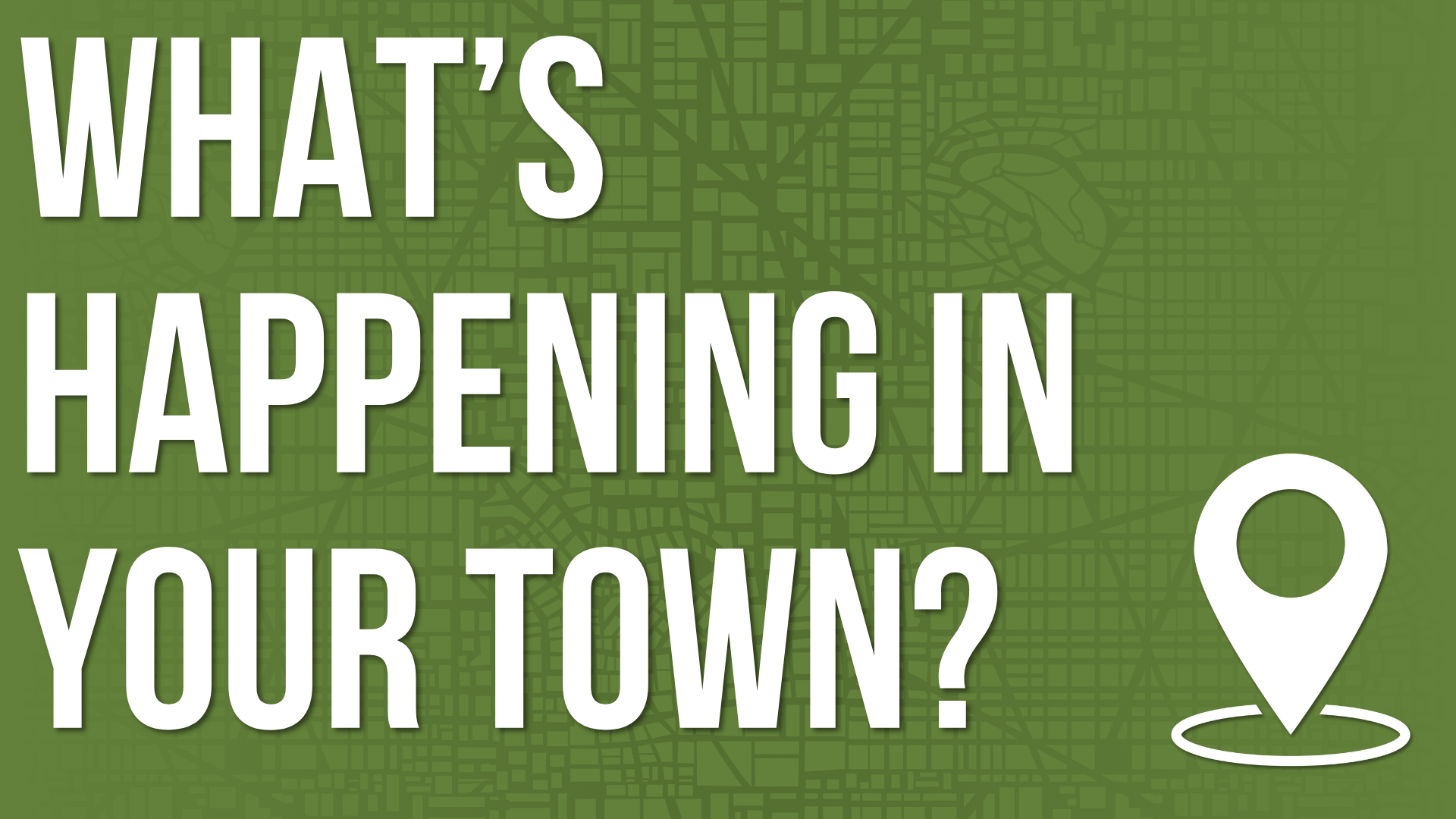
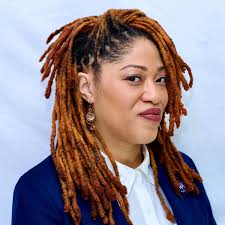 “What’s Happening in Your Town” features the perspectives of people with developmental disabilities about their own experiences in their communities. The column gives them a space to freely share their own opinions and their lived experiences with others. Interested in writing an article? Send an email to
“What’s Happening in Your Town” features the perspectives of people with developmental disabilities about their own experiences in their communities. The column gives them a space to freely share their own opinions and their lived experiences with others. Interested in writing an article? Send an email to 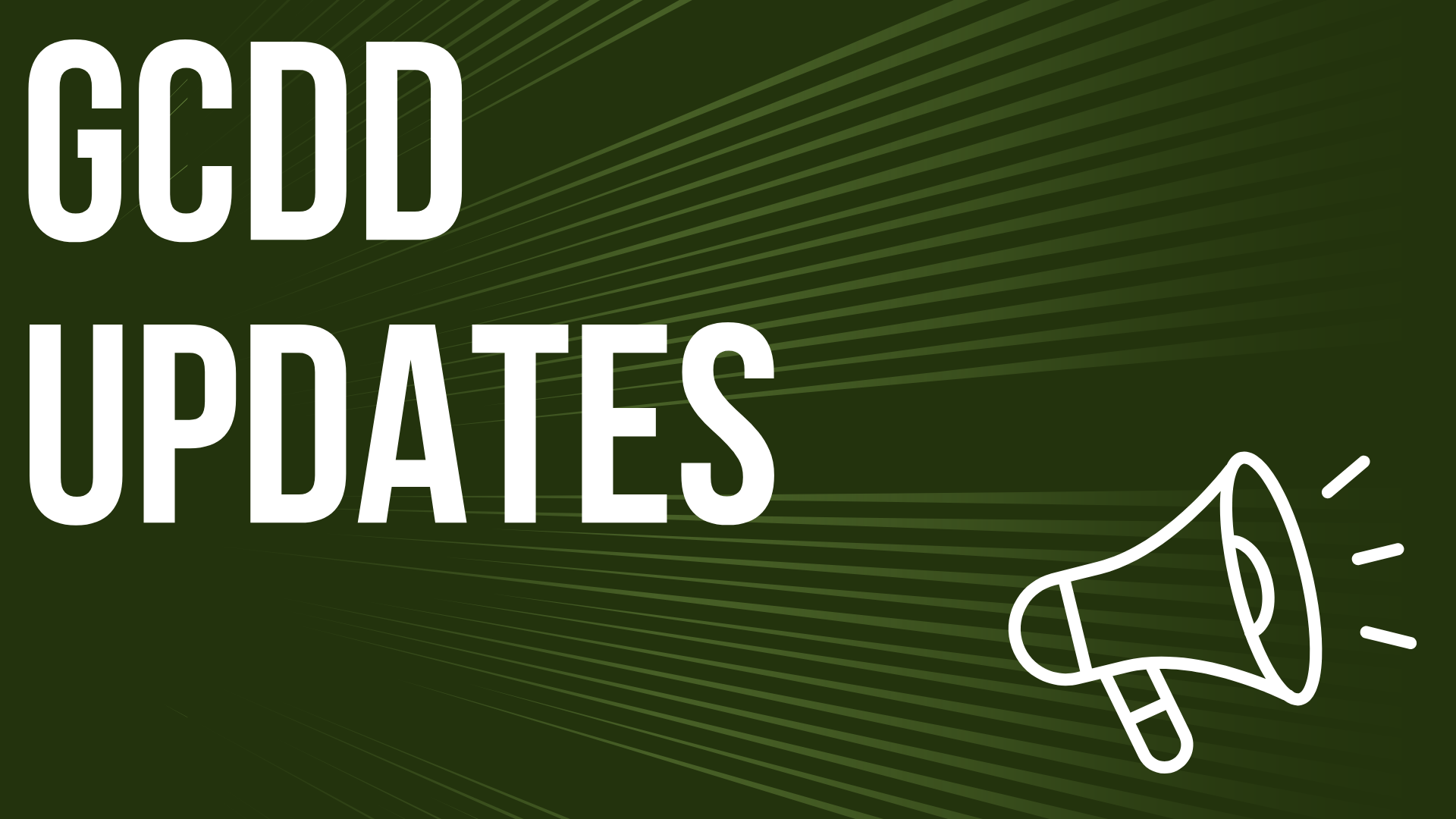
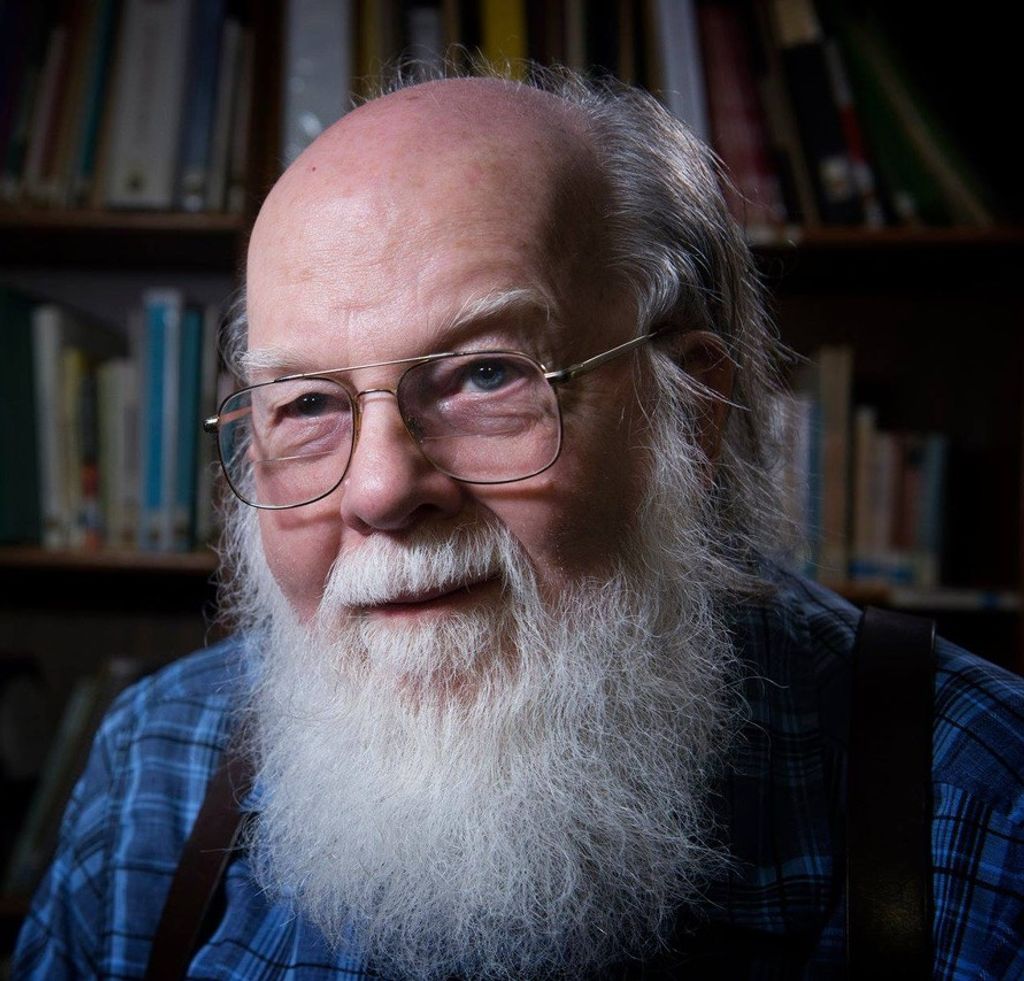 The disability rights movement lost one of its visionary leaders when John O'Brien passed away on June 27, 2025. For decades, O'Brien and his wife Connie Lyle O'Brien championed a simple belief: that every person deserves to be fully included in community life. His groundbreaking work changed how we think about disability. It moved goals beyond basic accommodations to pursue full community belonging. Belonging in schools, neighborhoods, and everyday conversations. He emphasized the importance of listening to people with disabilities and their families and learning from their experiences.
The disability rights movement lost one of its visionary leaders when John O'Brien passed away on June 27, 2025. For decades, O'Brien and his wife Connie Lyle O'Brien championed a simple belief: that every person deserves to be fully included in community life. His groundbreaking work changed how we think about disability. It moved goals beyond basic accommodations to pursue full community belonging. Belonging in schools, neighborhoods, and everyday conversations. He emphasized the importance of listening to people with disabilities and their families and learning from their experiences. 